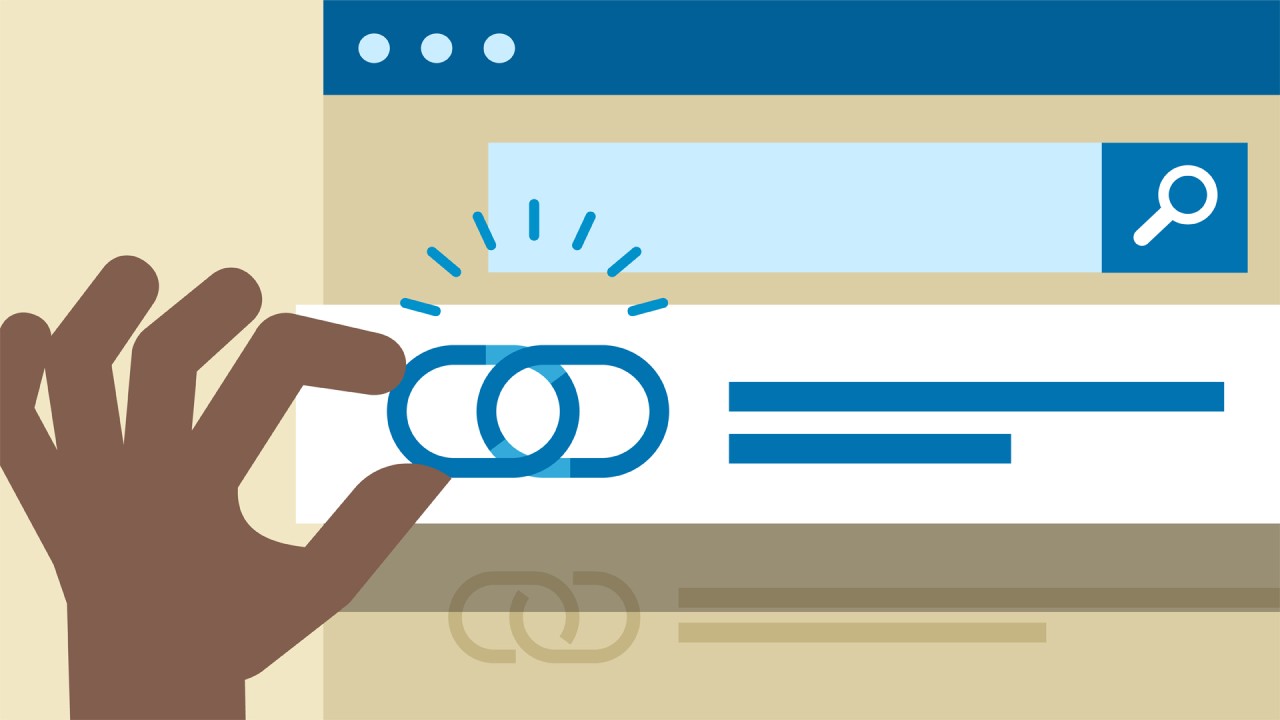Refund charges taken since Jan 1 on UPI, RuPay payments: Tax dept to banks
The Cash flow Tax department on Sunday asked banking companies to refund the rates collected on or immediately after January one, 2020, on transactions carried out by digital modes like RuPay cards or BHIM-UPI.
The Central Board of Immediate Taxes (CBDT), in a round on ‘imposition of demand on the recommended digital modes under section 269SU of I-T Act’, also suggested banking companies not to impose any rates on any future transactions carried out by these modes.
To inspire digital transactions and transfer to a much less-dollars economic climate, the government inserted a new provision, Portion 269SU, in the Finance Act, 2019.
The Act calls for a man or woman carrying on business and owning product sales/turnover/gross receipts from business of extra than Rs 50 crore in the promptly preceding prior 12 months to mandatorily present services for accepting payments by recommended digital modes.
ALSO Read: Telecom sector earnings envisioned to increase fifteen{ae9868201ea352e02dded42c9f03788806ac4deebecf3e725332939dc9b357ad} in FY21 on bigger ARPU: COAI
Subsequently, in December 2019, debit card powered by RuPay Unified Payments Interface (UPI) (BHIM-UPI) and Unified Payments Interface Swift Reaction Code (UPI QR Code) have been notified as recommended digital modes.
“Banking companies are suggested to promptly refund the rates collected, if any, on or immediately after January one, 2020, on transactions carried out working with the digital modes recommended under section 269SU of the Cash flow-tax Act,1961 and not to impose rates on any future transactions carried by the claimed recommended modes,” the CBDT round claimed.
The apex human body on direct taxes claimed that it had in December 2019 clarified that any demand, which include the Service provider Discounted Charge (MDR) shall not be applicable on or immediately after January one, 2020, on payment built by recommended digital modes.
Having said that, it has gained representations that some banking companies are imposing and accumulating rates on transactions carried out by UPI. A sure number of transactions are allowed no cost of demand further than which every single transaction bears a demand.
“These follow on part of banking companies is a breach of section 10A of the PSS (Payment and Settlement Techniques) Act as very well as Portion 269SU of the Cash flow Tax Act. These breach appeals to penal provisions…,” the CBDT claimed.
Nangia Andersen LLP Partner Sandeep Jhunjhunwala claimed, “Processing of refund of rates collected from January 2020 until day and non-imposition on future transactions carried out working with digital modes recommended under Portion 269SU of the I-T Act could imply an included stress on the banking technique handling transactions by way of RuPay or UPI right from initiation to settlement of such payments. Assistance in this regard from the RBI and the Ministry of Finance would be really appreciated”.







